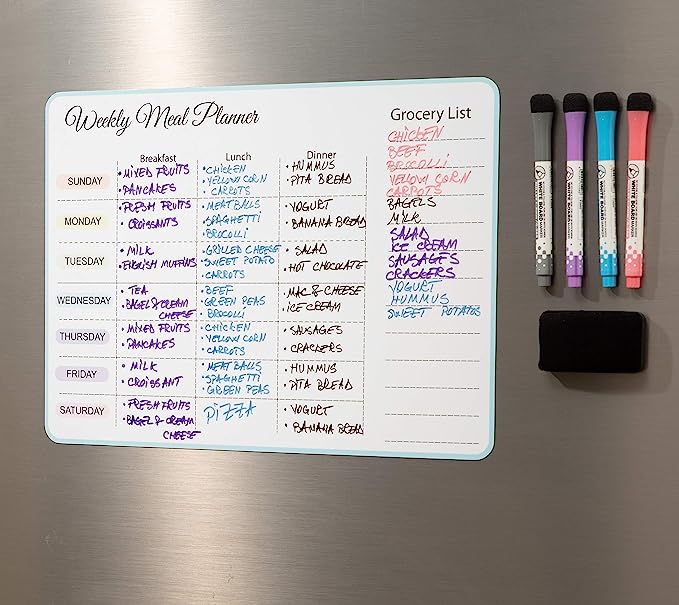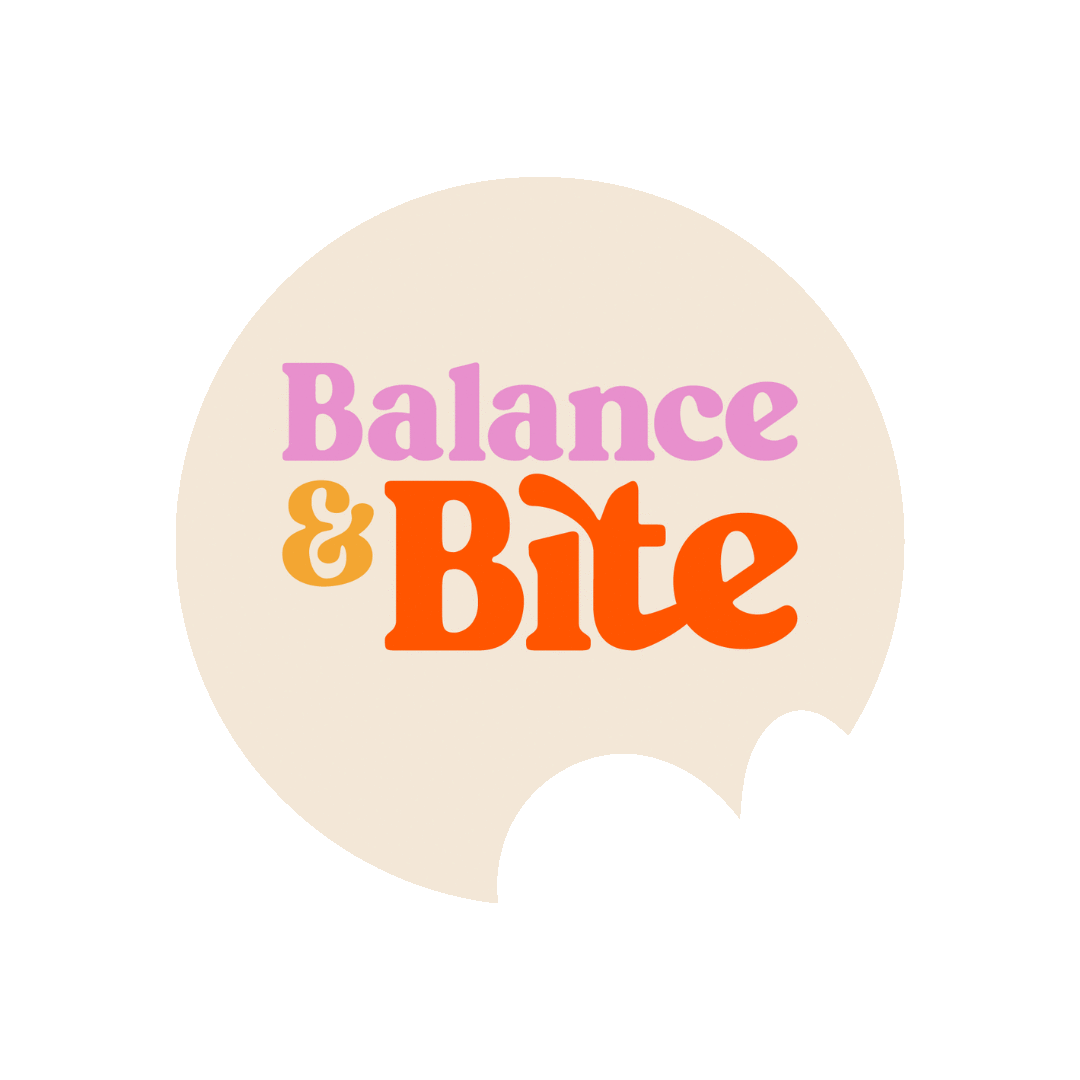Binge Eating and ADHD
Despite millions of Australians struggling with binge eating, we’re only starting to understand the varied, complex and nuanced reasons behind binge eating behaviours. One of the newest revelations is the intersection between ADHD and binge eating. As we learn more about the presentation of ADHD, it makes sense why some people with ADHD also struggle with binge eating, which I’ll explain in this article.


What is ADHD?
ADHD, or Attention-Deficit/Hyperactivity Disorder, fits under the neurodivergent umbrella and can affect a person’s ability to pay attention, manage impulsivity, and perform daily tasks. (which we’ll discuss in more detail).
Some people might have a busy mind constantly buzzing with ideas, making it challenging to stay focused on one task at a time. Others might struggle with organising their thoughts, staying on track, and managing time effectively. It’s essential to know ADHD presents differently for everyone and not everyone with ADHD struggles with binge eating.
What is a Binge eating disorder?
Binge Eating Disorder (BED) is defined as recurring episodes of consuming large amounts of food in a short period, accompanied by a sense of loss of control and typically associated with feelings of guilt, shame and anxiety. It differs from occasional overeating in that someone with a Binge Eating Disorder will have binge eating episodes several times a week for at least three months. The treatment for binge eating depends on the individual, focusing on their specific triggers, barriers and goals.
The link between ADHD and Binge Eating
If you’ve read my article “Why do I binge eat“, you’ll know one of the most common causes of binge eating is physical hunger. This is important to know as people with ADHD may have reduced interoceptive awareness and executive functioning differences, meaning they can unintentionally have long periods without eating.
For example, someone may skip breakfast because they’re not hungry ( low interoceptive awareness) and skip lunch because they forget to pack something (executive functioning differences). By the afternoon, they may notice they’re suddenly ravenously hungry, needing to eat anything they can get their hands on, eating quickly and past comfortable fullness to reduce the intense hunger sensations. While this is a perfectly rational idea to reduce hunger because we’ve been conditioned to think of this “out of control” eating as bad, there are often feelings of guilt, shame and embarrassment associated with it. Often leading to reduced self-worth, emotional eating, and feeling out of control around food.
What is executive functioning?
Executive functioning lets us plan, organise, prioritise, problem-solve, and regulate our behaviours and emotions. It’s like having an internal manager that helps us navigate daily tasks and make decisions effectively. Think of it as the brain’s CEO.
As Sonny, The Lived Experience Educator, explains, “One particular executive functioning skill is working memory — the ability to hold different information in your head so you can remember things to get shit done, like remembering the steps of a task or instructions you were told twenty minutes ago or what groceries to get off the top of your head.”
In the case of someone with ADHD and executive functioning differences, they may forget to pack food, struggle with grocery shopping, or find cooking overwhelming.
Strategies for ADHD and binge eating
Knowing the above information about ADHD and Binge eating, we can work backwards, creating and trialling strategies that consider the client’s needs and differences, meeting them where they are and identifying barriers and obstacles.
For example, if someone with ADHD struggles to eat regularly due to their executive functioning differences, e.g. forgetting to pack lunch, forgetting to do the grocery shopping, or feeling overwhelmed to prepare a meal or snack, we can get creative and think of ways to eat during the day. We might focus on the following three strategies:
Planning | Depending on your personality, you may find it helpful to add a weekly menu to your fridge or use a planner and outline your meals and snacks for the week – some people even may like to create visual aids to use instead writing (especially if you like eating the same meals and snacks)


Snacks | Coming up with a list of convenient, satisfying and filling snacks you can keep in the car, office, fridge, cupboard etc., so when you remember to eat (or the reminder to eat goes off), you have something available. This may require unpacking some food rules, particularly if you have a history of dieting, as snacking is often considered wrong.
Set Phone Reminders | If you notice you’re particularly forgetful, you may find it helpful to set reminders to eat. Even if you’re not very hungry, setting time to eat every 3-4 hours can help avoid the onset of intense and rapid hunger, which we know can lead to binge eating.
When managing binge eating, the most important thing to remember is to take it slowly and try one thing at a time. It can also be helpful to seek professional support.
Where to from here?
This is not an extensive or complete guide to managing ADHD and Binge eating. Everyone’s experience with both is unique, nuanced and multifaceted; this is merely a guide to provide a starting point and point you toward professional support.
Like to know more about ADHD?
I recommend checking out the following helpful resources
https://www.livedexperienceeducator.com/
https://www.youtube.com/watch?v=fjErGFLxl4A
https://www.youtube.com/watch?v=XpX9dWoOfRw
Need support for Binge Eating related to ADHD?
At Balance and Bite, we practice neurodiversity-affirming care, meaning we don’t use pathologising language, respect autonomy and promote self-advocacy. If you’re interested in learning more or want to work together – get in touch or book an appointment.


Erin’s an Accredited Practising Dietitian & Certified Intuitive Eating Counsellor. She uses a non-diet approach and weight-inclusive care to help her clients reclaim a healthy relationship with food and their bodies free of guilt, shame and restriction.










View comments
+ Leave a comment